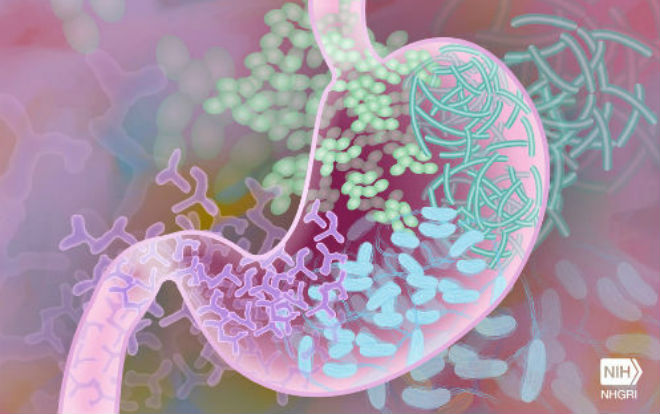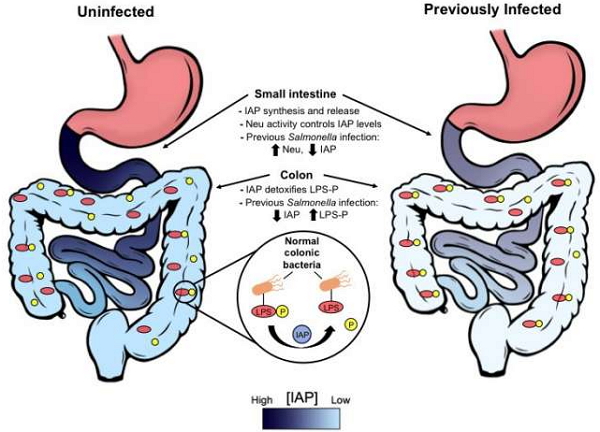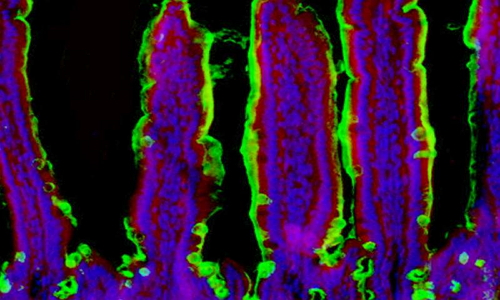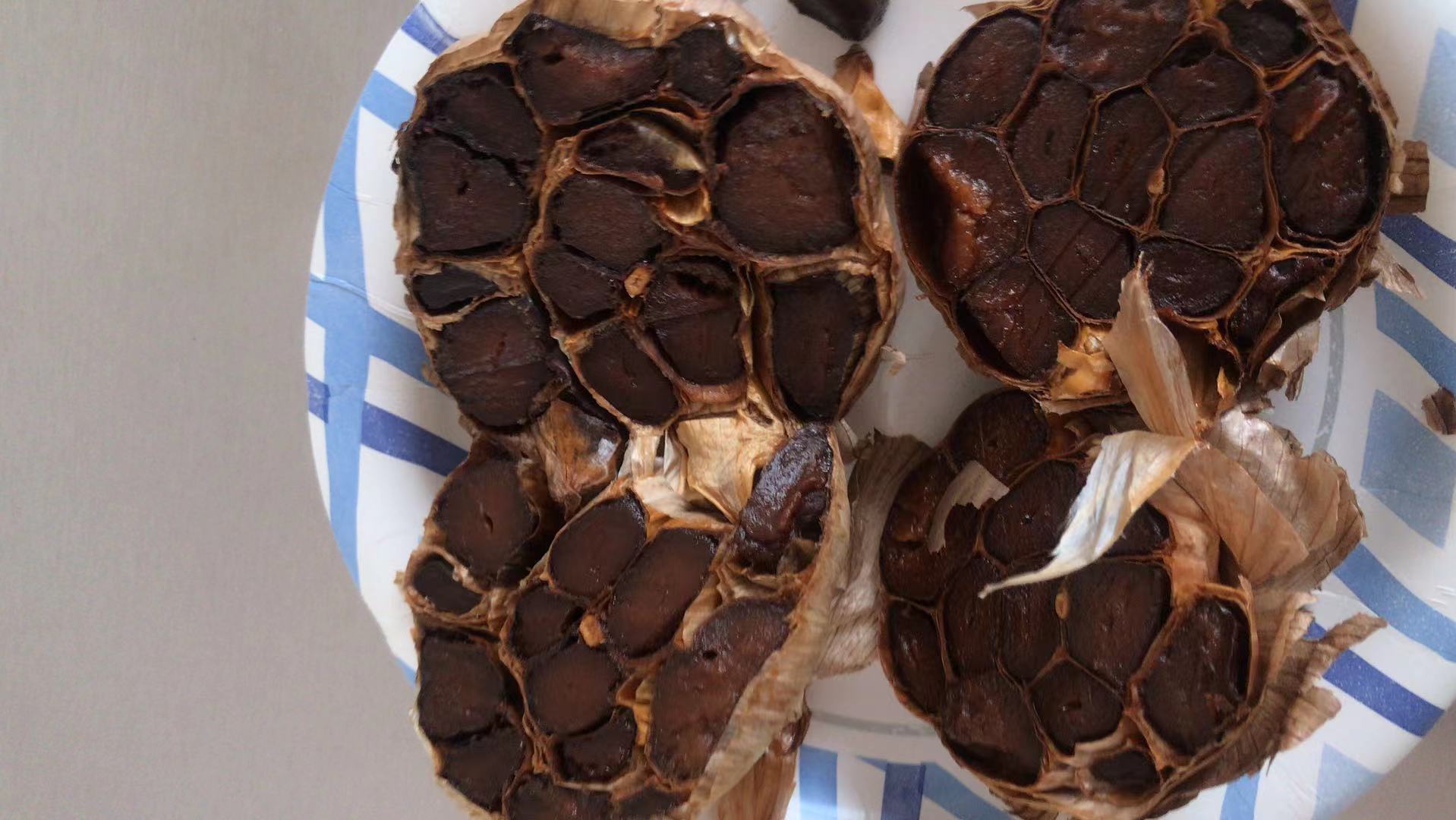Release date: 2017-12-25 On November 22nd, the journal Science published an article entitled "Recurrent infection progressively disables host protection against intestinal inflammation", revealing that bacterial infections accumulate with age and are prone to severe inflammatory diseases. Tiny bacterial infections (such as mild food poisoning) may be overlooked because they will recover spontaneously even if they are not treated. However, this latest study warns that these infections may cause chronic inflammation or potentially life-threatening enteritis after they have accumulated. This finding helps to exploit the root causes of inflammatory bowel disease (IBD). 8 years of research Scientists from the Sanford Burnham Prebys Medical Institute (SBP), the University of California, Santa Barbara Nanomedical Center (CNM), and the University of Munich completed this innovative study, spending eight years before and after. They combined with existing clues to propose a completely novel hypothesis, trying to explore the origin of chronic enteritis. First, there is growing evidence that a person's genome has relatively limited effects on common inflammatory diseases, including enteritis and IBD. For example, the causes of inflammatory bowel disease in twins are very similar. This means that this type of disease is also affected by more unknown environmental factors. Second, existing research teams have found that seasonal bacterial infections in humans are associated with an increased incidence of IBD. “It is important to clarify the origin of a disease, which helps to ensure more reasonable and effective prevention and treatment,†said Jamesy Marth. Combining these existing results, the research team speculates that periodic low-grade bacterial infections are likely to be the cause of chronic inflammatory diseases! Repeated bacterial infection The team developed a mouse model that mimics human mild food poisoning using a very low dose of the common bacterium, Salmonella Typhimurium, without causing significant symptoms or death. Moreover, all Salmonella can be successfully destroyed by the host. Salmonella typhimurium is the leading cause of foodborne illness in humans. In most cases, these bacterial infections can only cause temporary intestinal discomfort and dysfunction. The results show that although the host will clear the pathogens, these infections will slowly accumulate and eventually induce irreversible inflammatory diseases. When the fourth infection occurs (several months apart), inflammation will gradually worsen and all mouse models will develop enteritis. Surprisingly, although the repeated infections have ended, enteritis has not improved. This shows that the damage has been caused and is irreversible. Molecular mechanism of inflammatory diseases Repeated food poisoning induces a pro-inflammatory enzyme (green) that destroys the body's ability to detoxify and trigger inflammation. (Source: Jamey Marth) Jamey Marth explains: “Salmonella can upset a previously unknown protective mechanism in the gut itself, which is often used to prevent intestinal inflammation.†They found that the development of inflammatory diseases is associated with a lack of intestinal alkaline phosphatase (IAP, secreted by the duodenum). IAP is responsible for the removal of phosphate from molecules secreted by intestinal bacteria, thereby ensuring that these substances are converted from toxic to non-toxic. However, Salmonella infection up-regulates the activity of neuraminidase in the small intestine, which in turn leads to a lack of IAP enzyme. Fortunately, we can prevent the occurrence of inflammatory diseases by increasing the level of IAP and inhibiting the activity of neuraminidase (such as taking a neuraminidase inhibitor, a drug used to prevent influenza virus). Reference materials: Gut reaction: Repeated food poisoning triggers chronic disease Source: Bio-Exploration
Whole Bulb Black Garlic is made from Whole Bulb Fresh Garlic.Generally,Whole Black Garlic has 6-8 or 8-12 small cloves.Putting fresh garlic into the Black Garlic Machine for 18-20days,we can get whole bulb black garlic.Black garlic has sweet taste and soft texture.Compared with fresh garlic,it is becoming more and more popular.
Whole Bulb Black Garlic,Black Garlic Food,Multi Bulb Black Garlic,Fermentated Black Garlic Granule Zhucheng Tongxi Commercial And Trade Co.,Ltd. , https://www.blackgarlicgroup.com


